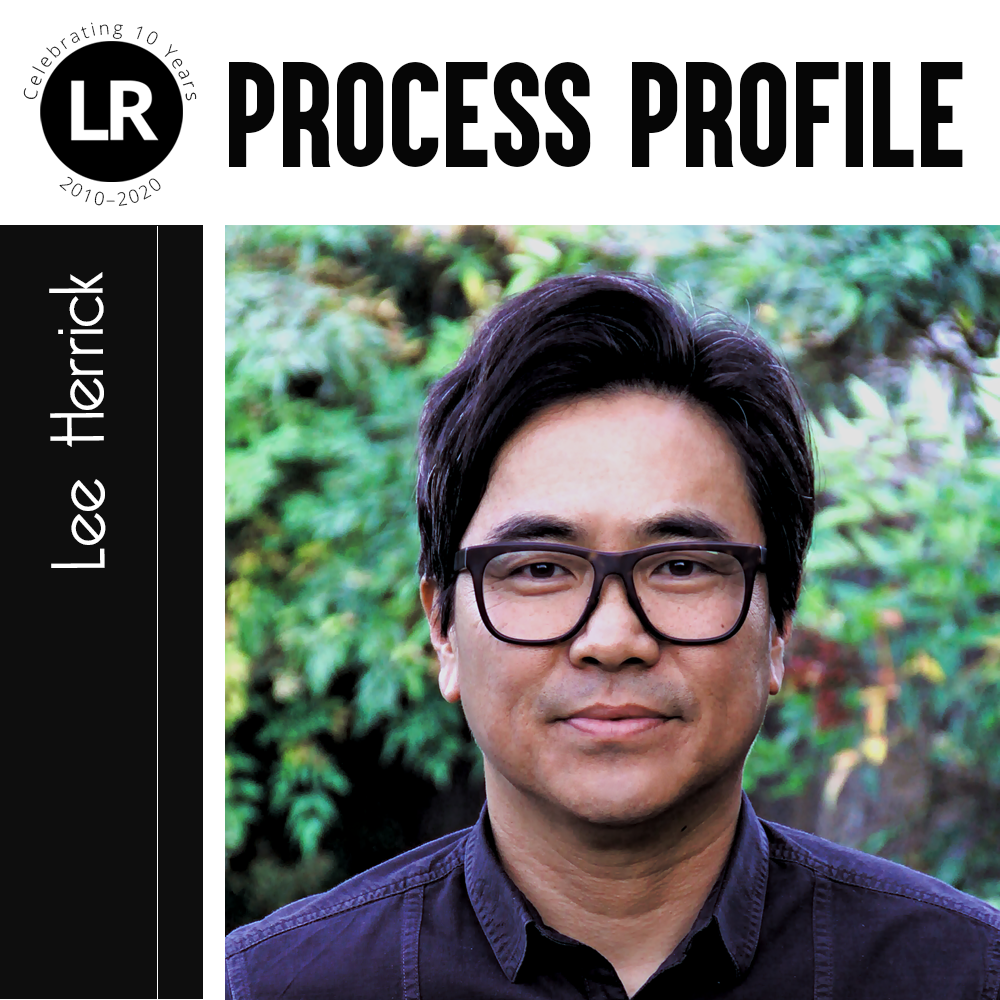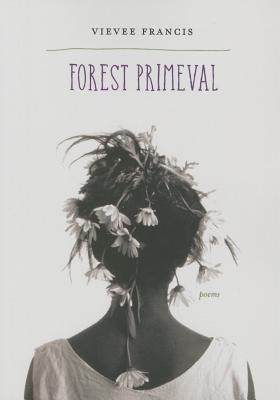In celebration of our magazine’s ten-year anniversary, we’ve been catching up with past contributors via our process profile series. Today, in the last of this summer’s series, Issue 6 contributor Lee Herrick reflects back on his poem “The House Is Quiet, Except.”

* * *
When my daughter first touched a book, she slid her tiny finger along the soft, padded page of the picture book like it was a kind of miraculous discovery. By the time she began to read, she often sat with her legs crossed on the ground near a bookshelf while she read. Once, on the occasion that inspired this poem, she was reading and whispering the words into the air, and it struck me: What might she be discovering? What worlds is she entering?
In “The House Is Quiet, Except,” I imagined her future life like I imagine most parents imagine about their children. More than anything, I want her to be happy and to have the fortitude to make it through the unhappy times. I hope she knows that she is loved. I hope she will find love or that love finds her, whatever form it takes. I don’t know if she will ever need saving, but I want her to know that books can save us in times of despair, isolation, or doubt, and that there is something living or holy inside of a book, like there is inside of us. She’s a teenager now, and she is still a voracious reader. It calms me to know how she loves books.
Watching my daughter read is watching her world grow. I think of the hundreds of years before us, the hundreds of years after us, and the gift of the present moment—how these merge into a good book and surge through us, our lives.
The biggest challenge in this poem was cutting it down, finding enough precision but letting it breathe enough. Speaking to the joys and wonders of fatherhood but not getting lost in sentiment. The last line of the poem was imagined, partially. I can’t be sure there was a light around her body. But I can’t be sure there wasn’t.
I wrote this poem almost as a meditation, and it became the last poem in Scar and Flower.
With her permission, when I read the poem to an audience, it’s often the final poem. There’s a hopeful finality that also opens back up at the end of a good book. I wanted this feeling in the poem, too.
* * *
Lee Herrick is the author of Scar and Flower and two other books of poems, Gardening Secrets of the Dead and This Many Miles from Desire. He is coeditor of The World I Leave You: Asian American Poets on Faith and Spirit (Orison Books, 2020). His poems appear widely in literary magazines, textbooks, and anthologies such as One for the Money: The Sentence as Poetic Form; Indivisible: Poems of Social Justice, with an introduction by Common; Here: Poems for the Planet, with an introduction by the Dalai Lama; California Fire and Water; and Dear America: Letters of Hope, Habitat, Defiance, and Democracy, among others. Born in Daejeon, Korea, and adopted to the United States at ten months, he served as Fresno Poet Laureate from 2015–2017. He lives in Fresno, California, and teaches at Fresno City College and the MFA Program at Sierra Nevada University.
ALSO RECOMMENDED

Forest Primeval by Vievee Francis (Northwestern University Press, 2015)
Please consider supporting a Black-owned bookstore with your purchase.
As an Asian American-focused publication, Lantern Review is committed to promoting diverse voices within the literary world. In solidarity with the Black community and in an effort to amplify Black voices in poetry, we’re sharing a different book by a Black poet in each of our blog posts this summer.